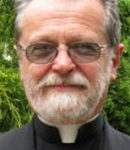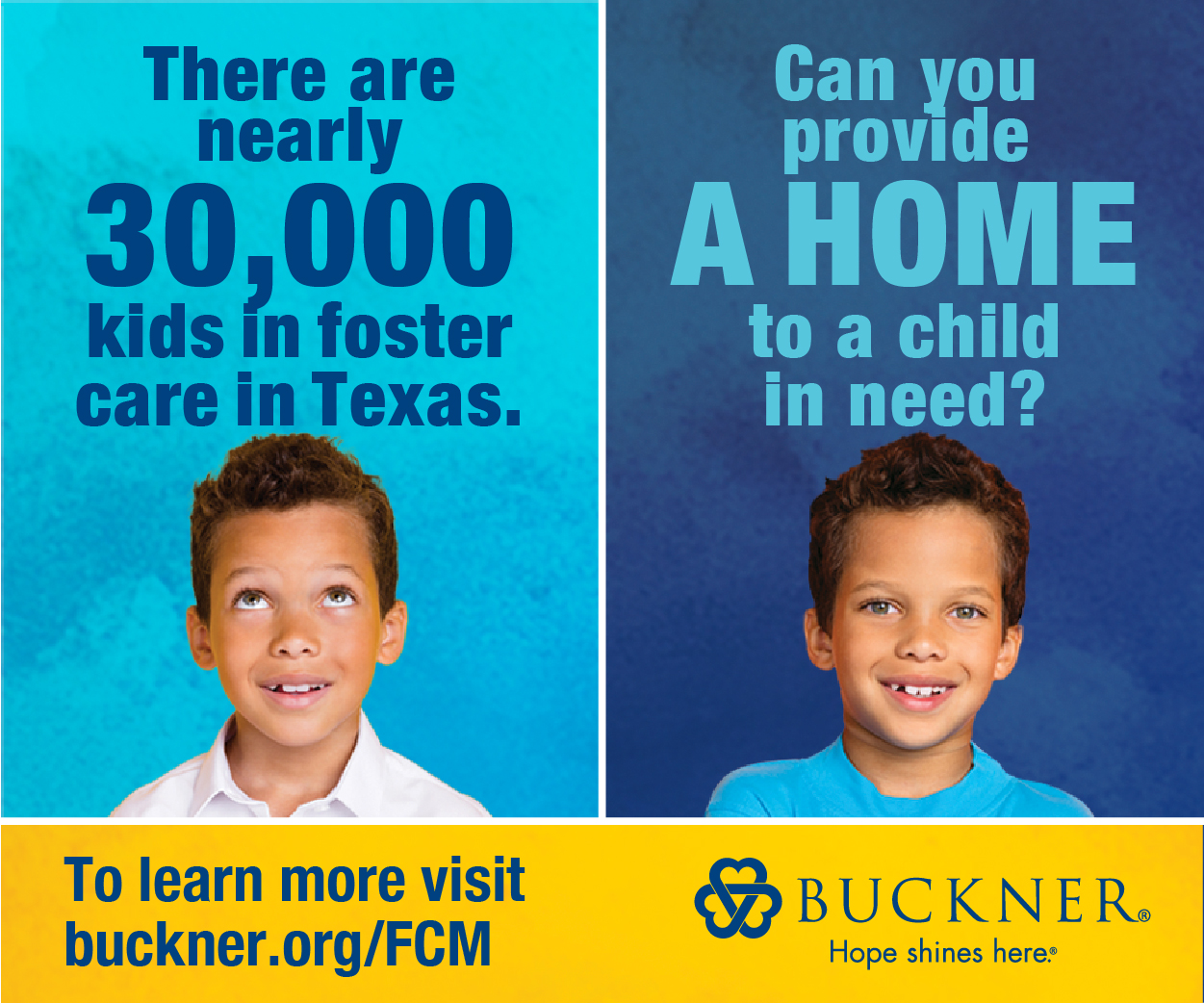Posted: 2/16/07
Definition of ‘evangelical’ debated
By Hannah Elliott
Associated Baptist Press
DALLAS (ABP)—One out of every four adults who call themselves “evangelical” is not a “born-again” Christian, according to a recent report from the Barna Group. And that’s just the beginning of the confusion surrounding the term “evangelical.”
For instance, some political pundits tend to qualify evangelicals mainly as people who vote against abortion rights and gay marriage. Many Roman Catholics think they’re evangelical. Most Mormons don’t.
The confusion has progressed so far that some “progressive evangelicals” have decided to forego the term completely, opting instead for the ambiguous label of “red-letter Christian.”
What’s the real cause of the misunderstanding and misuse? The very nature of what makes an evangelical has fluctuated for decades.
Barna’s report calls people “born again” if they have made a personal commitment to Jesus and believe they’ll go to heaven because they confessed their sin and accepted Jesus as savior. But many who also call themselves evangelical just don’t fit that bill, Barna Group founder George Barna said.
His report differentiates between two kinds of evangelicals—people who self-identify as evangelicals and people who meet a nine-point theological criterion that defines the identity.
All told, 84 million adults in the United States call themselves evangelicals, while only 18 million qualify as such using the nine-point filter, the report said.
Either way, “evangelical” was not used in the Bible and has become a “sloppy” way to label believers, Barna said.
“Responsible analysts … should be encouraged to re-examine the term and the measures they are using,” he said in the report. “Political commentators, reporters, educators and researchers continually make important claims about the spiritual life, lifestyle patterns, voting preferences and issue stands of evangelicals, even though it is clear that the criteria they use for identifying evangelicals are misleading at best.”
Barna’s nine criteria are based on earlier assessments conducted by the National Association of Evangelicals. They include the two qualifiers for the born-again label, plus belief that faith is “very important” in life; belief that Christians have a responsibility to tell others about Christ; belief that Satan exists; belief that unending life is possible only through God and can’t be earned through works; belief that Jesus lived a sinless life; belief that the Bible is complete and accurate; and belief that God is an all-knowing, all-powerful, perfect deity who created and participates in the universe.
Survey respondents were not labeled based on whether or not they attended church.
Along with the claim that not all evangelicals are born-again, the study found other discrepancies between the popular perception of who—or what—an evangelical is and who meets the Barna litmus test.
Researchers found self-proclaimed evangelicals are less likely to have graduated from college than their nine-point counterparts (29 percent versus 39 percent), are less likely to be married (63 percent versus 77 percent) and have lower household incomes ($40,250 for self-reporters compared to $49,194).
They also found political opinions misaligned somewhat between self-described evangelicals and nine-point evangelicals. For instance, the former are less likely to be socially conservative—45 percent of them are, compared to 65 percent of the latter.
All told, “there is only a 7-percentage-point difference in the number of Democrats and Republicans among the self-defined evangelicals but a 25-point difference among those who are deemed evangelical by virtue of their beliefs,” the report said.
Data for the survey came from nationwide telephone surveys conducted in January, April, August and October of 2006. In total, 4,014 adults were interviewed.















We seek to connect God’s story and God’s people around the world. To learn more about God’s story, click here.
Send comments and feedback to Eric Black, our editor. For comments to be published, please specify “letter to the editor.” Maximum length for publication is 300 words.